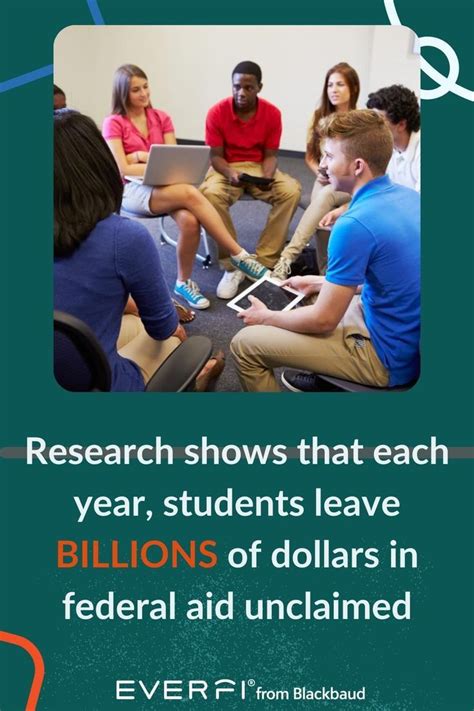Introduction

The Free Application for Federal Student Aid (FAFSA) is the gateway to financial assistance for millions of college-bound students. FAFSA Week of Action, held annually, aims to raise awareness about the importance of completing the FAFSA and provide support to students and families navigating the financial aid process.
Why is FAFSA Week of Action Important?
According to the National College Attainment Network, approximately 2 million high school graduates fail to complete the FAFSA each year. This missed opportunity for financial aid contributes to the rising cost of college and acts as a significant barrier for many students pursuing higher education.
FAFSA Week of Action seeks to address these challenges by promoting the following:
- Increased FAFSA completion rates
- Improved financial literacy among students and families
- Access to resources and support for financial aid applicants
Who Can Benefit from FAFSA Week of Action?
FAFSA Week of Action is designed to benefit all students and families considering attending college or career school. It is particularly relevant for:
- High school seniors and their families
- College students and their families
- Adult learners
- Undocumented students
- Veterans and their families
How to Get Involved in FAFSA Week of Action
There are numerous ways to participate in FAFSA Week of Action:
- Attend local events: Community organizations, high schools, and colleges often host workshops, webinars, and other events to provide assistance with FAFSA completion.
- Get online help: The Federal Student Aid website (studentaid.gov) offers a wealth of resources, including online FAFSA applications and chat support.
- Reach out to professionals: Financial aid counselors at colleges, high schools, and community organizations can answer questions and guide students through the FAFSA process.
- Spread the word: Share information about FAFSA Week of Action on social media, email, and in-person conversations.
Tips for Completing the FAFSA
- Start early: The FAFSA becomes available on October 1 each year. Submitting the FAFSA early increases your chances of receiving maximum financial aid.
- Gather necessary information: You will need your Social Security number, tax returns, and other financial documents to complete the FAFSA.
- Understand financial aid deadlines: Each college or career school has its own financial aid deadlines. Be sure to meet these deadlines to ensure timely receipt of your financial aid package.
- Seek professional help if needed: Don’t hesitate to reach out to a financial aid counselor for assistance if you have questions or need support.
Tables of Useful Information
| Table 1: FAFSA Completion Rates by State |
|—|—|
| State | Completion Rate |
| Alabama | 68% |
| California | 72% |
| Florida | 65% |
| Texas | 67% |
| Table 2: Average Cost of College |
|—|—|
| School Type | Average Cost |
| Public 2-Year College | $3,770 |
| Public 4-Year College | $10,740 |
| Private 2-Year College | $17,560 |
| Private 4-Year College | $35,830 |
| Table 3: Types of Financial Aid Available |
|—|—|
| Type of Financial Aid | Description |
| Grants | Free money that does not need to be repaid |
| Loans | Money that must be repaid with interest |
| Scholarships | Free money awarded based on merit or need |
| Work-Study | Part-time job opportunities on campus |
| Table 4: FAFSA Deadlines by College |
|—|—|
| College Name | Deadline |
| University of California, Berkeley | March 2 |
| Massachusetts Institute of Technology | January 15 |
| Harvard University | December 31 |
| Yale University | January 2 |
FAQs About FAFSA Week of Action
- When is FAFSA Week of Action?
The 2023 FAFSA Week of Action takes place from March 6-10.
- Who can participate in FAFSA Week of Action?
Students, families, educators, community organizations, and anyone interested in promoting FAFSA completion.
- How can I help spread the word about FAFSA Week of Action?
Share information on social media using the hashtag #FAFSAWeek, participate in online events, and encourage students to talk to their high school counselors or college financial aid offices.
- What are the benefits of completing the FAFSA?
Completing the FAFSA opens up access to a wide range of financial aid opportunities, including grants, scholarships, loans, and work-study programs.
Conclusion
FAFSA Week of Action is a crucial opportunity to empower students with the knowledge and resources they need to succeed in higher education. By working together, we can ensure that all students have access to the financial aid they need to pursue their dreams. Join the FAFSA Week of Action movement and make a difference in the lives of students across the country.
